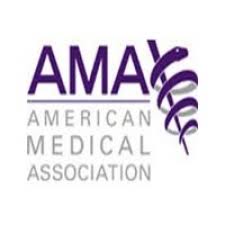Medical school applicants often ask me whether they should write a letter of interest. If applicants haven’t heard from schools they get anxious. Waiting to hear from medical schools is difficult. The question arises as to whether writing a letter of interest would be helpful and applicants want to know when they should write one.
Writing a letter of interest before or right after submitting the secondary application is not necessary. You need to give the school time to read your application before sending a separate letter.
Before the interview: If it’s been three months since you submitted your secondary you may want to consider writing a letter of interest. This will give you the chance to reiterate your interest in the school. In the letter cover other aspects of the school that appeal to you if the secondary asked “why our school”. A letter of interest will also get you back on the school’s radar screen if they’ve overlooked you.
After the interview: It can be helpful to write a letter of interest (or a letter of intent) after an interview. However, you wouldn’t write one before AND after an interview in most cases. You don’t want to haggle the admissions office. If you write a letter of interest after the interview it should be sent several weeks afterwards. This way it won’t be in close proximity to the thank you notes.
Be sure to follow the each school’s directions. Some schools specifically request no letters of interest or intent.
If you want to discuss your situation please feel free to send me an email at liza@thompsonadvising.com.
–Liza Thompson, Expert Medical School Admissions Consultant




